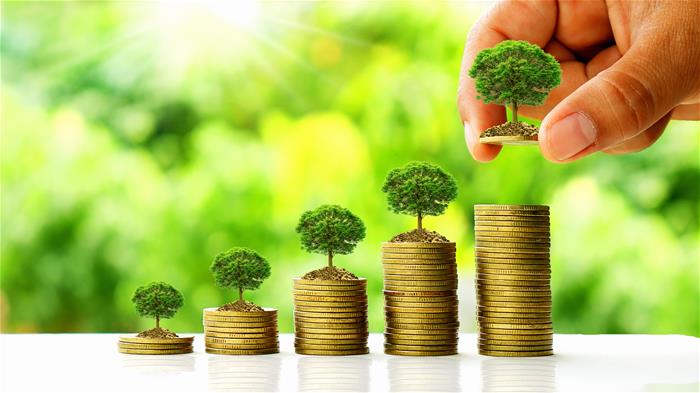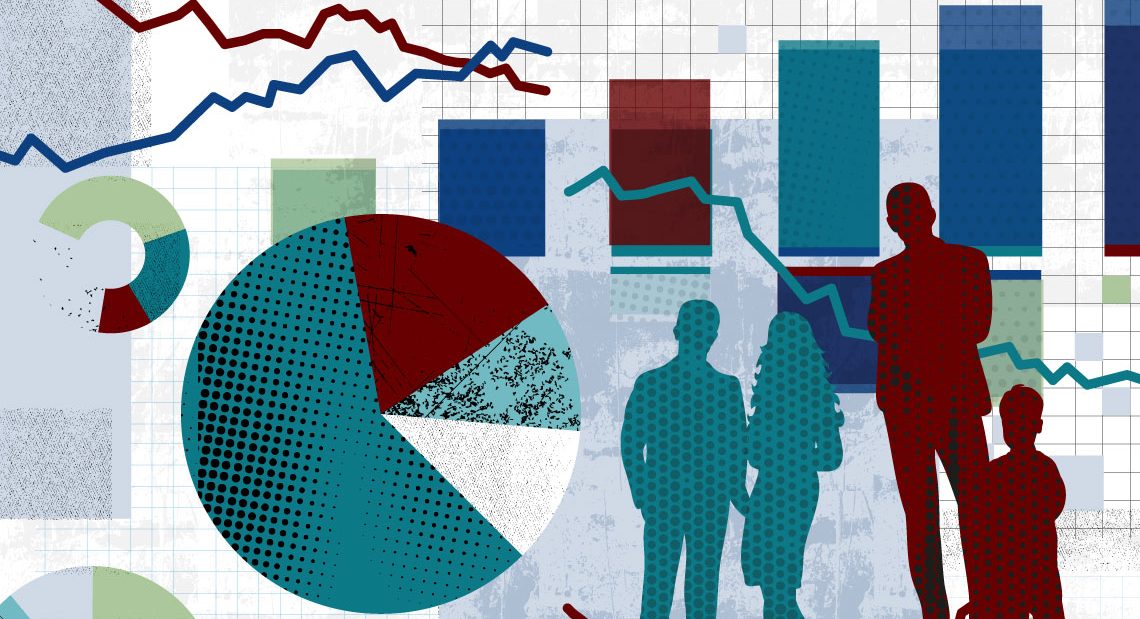Explore Unique Dissertation Topics in Agricultural Economics
Are you looking for agricultural economics dissertation topics? Whether you’re an undergraduate, master’s, or PhD student, selecting the right research topic is essential for writing a strong thesis or research proposal. This guide provides a variety of unique and researchable topics to help you get started.
Common Questions Students Ask About Agricultural Economics Topics
Students often look for dissertation ideas in different ways. Here are some common questions:
- What are the latest research proposal topics in agricultural economics for undergraduates?
- Can you suggest MSc dissertation topics in agricultural economics focusing on sustainability and food security?
- What are some potential PhD research topics in agricultural economics for the UK market?
- What are the best research paper topics in agricultural economics for 2025, particularly on rural development?
Introduction
Agricultural economics (also known as agroeconomics) studies the relationship between agriculture, economic policies, and sustainability. It explores how farming practices, food production, market trends, and government policies impact economies. This field is essential for addressing global challenges like food security, rural development, and sustainable agriculture.
In this guide, we’ll explore a variety of agricultural economics dissertation topics to help you find the perfect research idea. Whether you’re interested in climate change, global trade, or agricultural policies, these topics will guide you in developing a strong thesis and research paper. Let’s dive in and discover the best topics for your academic journey!
Download Dissertation Samples
Need inspiration? Download high-quality economic dissertation samples to understand how to structure your paper, formulate arguments, and cite sources correctly.
List of best Agricultural Economics Dissertation Topics for students
Agriculture economics research topics focus on economics and agriculture sectors. Dissertation Topics on Agricultural Economics have gained a lot of popularity in present times. Agricultural economics thesis topics differ according to the academic levels. Check out our other related posts for economics dissertation topics and political economy dissertation topics.
Agricultural economics research proposal topics have been enlisted below:
UK-Specific Topics
- The impact of Brexit on agricultural subsidies in the UK: A case study of rural England.
- A comparative analysis of farm income before and after the UK Agricultural Transition Plan.
- Evaluating the role of local food markets in supporting small-scale UK farmers.
- Carbon credits and UK agriculture: Economic opportunities and challenges.
- The economic implications of pesticide regulations on UK cereal farming.
- Assessing the financial sustainability of organic farming in Scotland.
- Regional disparities in farm diversification strategies in Wales vs. England.
- The role of agri-tech innovations in increasing productivity in UK dairy farming.
- Impact of rural tourism on agricultural incomes in Southwest England.
- Evaluating land tenure systems and their economic implications in Northern Ireland.
European-Specific Topics
- CAP (Common Agricultural Policy) reforms and their effects on small farmers in Eastern Europe.
- A case study of agri-environmental schemes in the Netherlands and their economic outcomes.
- The economics of wine production in Southern Europe: A study of Spain, Italy, and Greece.
- Comparative analysis of organic farming subsidies in Germany vs. France.
- The impact of EU Green Deal policies on agricultural exports from Poland.
- Financial challenges for young farmers in Central Europe: A focus on Hungary.
- Evaluating water management economics in agriculture: A case study of Spain’s irrigation systems.
- The role of cooperative farming in stabilizing incomes in Scandinavian countries.
- Economic resilience of Eastern European farms during the COVID-19 pandemic.
- Impact of climate-smart agriculture initiatives on productivity in the Balkans.
International Topics
- Comparing agricultural export strategies of Brazil and the European Union.
- The role of microfinance in supporting smallholder farmers in Sub-Saharan Africa.
- Evaluating the economic impacts of climate change on rice production in Southeast Asia.
- A comparative study of agricultural policies in China and the United States.
- Global food security challenges: The role of agricultural economics in conflict zones.
- Assessing the economic impact of biofuel production on food prices globally.
- Case study: Agricultural trade disputes between the EU and the US.
- The economic feasibility of vertical farming in urban centers: UK vs. Japan.
- Effects of free trade agreements on agricultural exports: NAFTA vs. EU agreements.
- Global land-grabbing and its implications for agricultural economics: A focus on Africa.
Sustainability-Focused Topics
- Economic evaluation of regenerative agriculture in the UK and Europe.
- Comparative analysis of carbon sequestration policies in European and North American agriculture.
- The financial viability of agroforestry in temperate regions: Case studies from the UK and France.
- Assessing the cost-effectiveness of sustainable livestock systems in the EU.
- A critical analysis of subsidies for renewable energy on farms in Germany.
- Economic impacts of transitioning to no-till farming: Evidence from the UK and Canada.
- A cost-benefit analysis of crop rotation systems in arid European regions.
- Market opportunities for sustainably grown products in the EU vs. the UK.
- Evaluating consumer willingness to pay for eco-labeled food products in Europe.
- The economics of reducing food waste along the supply chain: A UK perspective.
Trade and Policy Topics
- Brexit’s impact on agricultural exports: A focus on lamb producers in the UK.
- The role of tariffs in shaping agricultural trade flows: A case study of the UK-EU relationship.
- Economic implications of CAP reforms on export-oriented farms in Ireland.
- Comparative analysis of agricultural trade policies in the EU and MERCOSUR.
- The impact of sanctions on agricultural trade with Russia: EU vs. UK case studies.
- Post-Brexit trade agreements: Opportunities and challenges for UK agriculture.
- Evaluating the economic effects of protectionist policies on US-EU agricultural trade.
- The role of geopolitics in shaping global agricultural commodity prices.
- Critical analysis of WTO policies on developing nations’ agricultural exports.
- The role of regional trade agreements in Africa’s agricultural sector.
Technology and Innovation Topics
- Economic impact of precision farming technologies in the UK.
- Comparative analysis of drone usage in agriculture: UK vs. Spain.
- Adoption rates of blockchain technology in European agricultural supply chains.
- Evaluating the profitability of autonomous tractors in UK cereal farming.
- The role of AI in optimizing agricultural productivity: A case study of Northern Europe.
- The economic benefits of mobile technology for smallholder farmers in Asia.
- Critical analysis of IoT adoption in greenhouse farming in the Netherlands.
- The economics of gene-editing technologies in European agriculture.
- Evaluating agri-tech startup ecosystems in the UK vs. Germany.
- A case study on the adoption of robotics in dairy farming in Denmark.
Climate Change and Risk Management Topics
- The economic cost of flood risks for UK farmers: A case study of Somerset.
- Drought management strategies and their economic impacts in Southern Europe.
- Crop insurance schemes in the UK vs. the US: A comparative analysis.
- The role of agricultural diversification in managing climate risks: A European perspective.
- Economic resilience of Mediterranean olive farmers to climate variability.
- The role of international aid in addressing agricultural risks in Africa.
- Evaluating heat-resistant crop adoption in the Middle East and its economic outcomes.
- Critical analysis of the role of weather derivatives in agricultural risk management.
- Case study: The economic impact of desertification on North African agriculture.
- A cost-benefit analysis of early warning systems for pest outbreaks in Asia.
Livestock and Fisheries Topics
- Economic viability of grass-fed beef production in the UK.
- A critical analysis of fishery subsidies in Europe: Economic and environmental perspectives.
- The role of disease management in shaping dairy economics: A UK case study.
- Evaluating the financial impact of Brexit on UK poultry exports.
- Comparative analysis of aquaculture practices in Norway and Scotland.
- The economic impact of antibiotic regulations in European livestock farming.
- Assessing the profitability of sheep farming in arid regions of Spain.
- Economic benefits of livestock-wildlife coexistence: A case study from East Africa.
- Comparative study of dairy co-operatives in Ireland vs. New Zealand.
- Impact of climate change on fisheries-dependent communities: A global analysis.
Miscellaneous Topics
- The economics of agritourism in the UK: Post-pandemic recovery strategies.
- Comparative analysis of rural development policies in the UK vs. Sweden.
- Evaluating the impact of farmland consolidation on rural incomes in Eastern Europe.
- Economic implications of seasonal labor shortages in UK agriculture.
- A case study of contract farming models in South Asia.
- The economic impact of wildlife conservation on agricultural incomes in Africa.
- Assessing the potential of edible insects as an alternative protein source: A European perspective.
- Evaluating agricultural credit accessibility in rural India.
- The role of gender in agricultural productivity in Sub-Saharan Africa.
- Case study: The economic implications of urban farming in the UK.
Comparative and Critical Analysis Topics
- Comparative analysis of agricultural policy impacts on rural poverty: EU vs. Asia.
- A critical review of crop insurance schemes in the UK vs. Canada.
- Comparative study of agricultural input subsidies in India and Africa.
- The role of international organizations in promoting sustainable agriculture: A global perspective.
- Evaluating the economic impacts of monoculture farming in the UK and South America.
- A critical analysis of food security policies in the EU vs. Sub-Saharan Africa.
- The role of fair trade in supporting small-scale coffee farmers: Africa vs. Latin America.
- Comparative economic analysis of GMO vs. non-GMO crops in Europe and North America.
- A critical review of global food price volatility and its impacts on developing nations.
Conclusion
Agricultural Economics is a vital field that addresses the economic aspects of agriculture, impacting everything from food production to rural development. Choosing a relevant and engaging dissertation topic in this field can significantly contribute to your academic and professional growth. By selecting a topic that resonates with current challenges and trends, you can produce research that is both meaningful and impactful.
Topics Brief Service
If you are unsure about which topic to choose, our agriculture economic dissertation topic brief service provides a well-researched outline with key points, objectives, and references to kickstart your dissertation.
Get Financial Economic Dissertation Help
Struggling with your dissertation? Our expert writers specialize in Agriculture Economic dissertations and can help you with topic selection, research, writing, and editing. Get professional Agricultural Economic Dissertation Help now!
FAQs
Q1: What makes good Agricultural Economics dissertation topics?
A good topic should be relevant to current issues, narrow enough to allow in-depth research, and align with your interests. It should also have practical implications for the agricultural sector.
Q2: How do I choose a dissertation topic in Agricultural Economics?
Consider your interests, the current trends in agricultural economics, and the available resources. Discuss potential topics with your advisor to ensure they align with your academic goals.
Q3: What are some common challenges in writing an Agricultural Economics dissertation? Common challenges include
finding reliable data, narrowing down the research focus, and ensuring the research has practical implications for the agricultural sector.
Q4: How can I make my Agricultural Economics dissertation stand out?
Focus on a unique and relevant topic, use credible sources, organize your work well, and seek regular feedback from your advisor.
List of Related Posts
- 99 Monetary economics dissertation topics for 2025
- Top 99 Economic Geography Dissertation Topics for 2025
- 99 Top Public economics dissertation topics for 2025
- 99+ Top Financial Economics Dissertation Topics for 2025
- 99 Top Experimental Economics Dissertation Topics for 2025
- 99 Top Environmental Economics Dissertation Topics for 2025
- 99+ Top Health Economics Dissertation Topics for 2025
- 99+ Business Economics Dissertation Topics for 2025
- Top 99 Behavioural Economics Dissertation Topics for 2025
- 99+ Top Agricultural Economics Dissertation Topics for 2025
- 99+ Top Development economics Dissertation Topics for 2025
- 99+ Top Managerial Economics Topics for 2025
- 99+ Best Political Economy Dissertation Topics ideas in 2025
- 99+ Economics Dissertation Topics and Research Ideas






